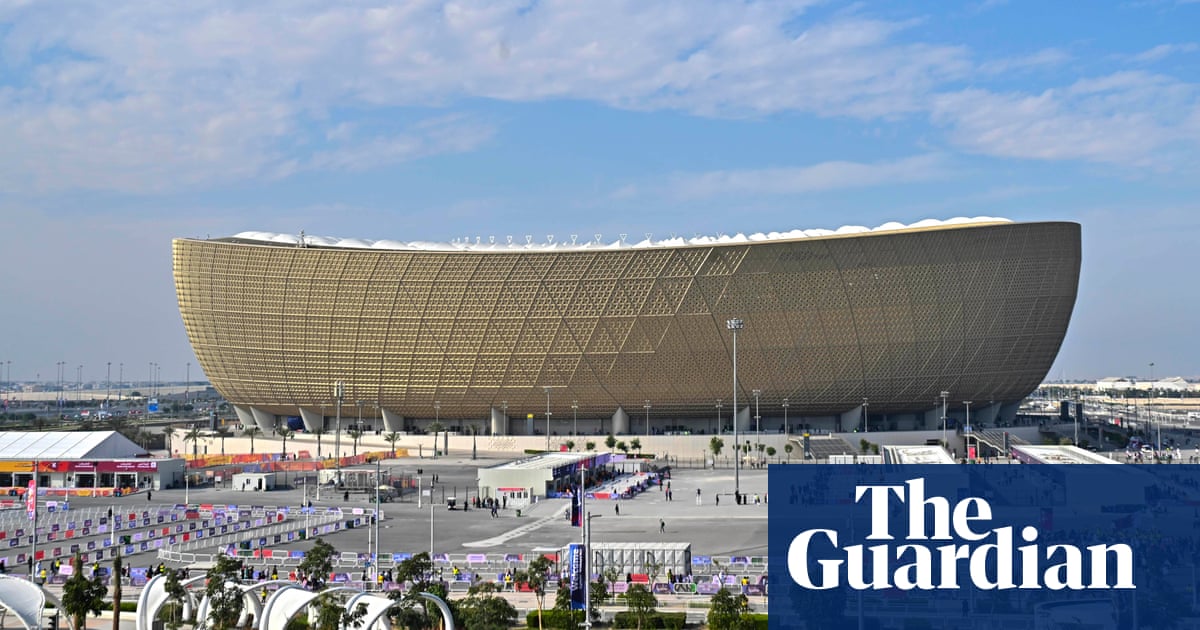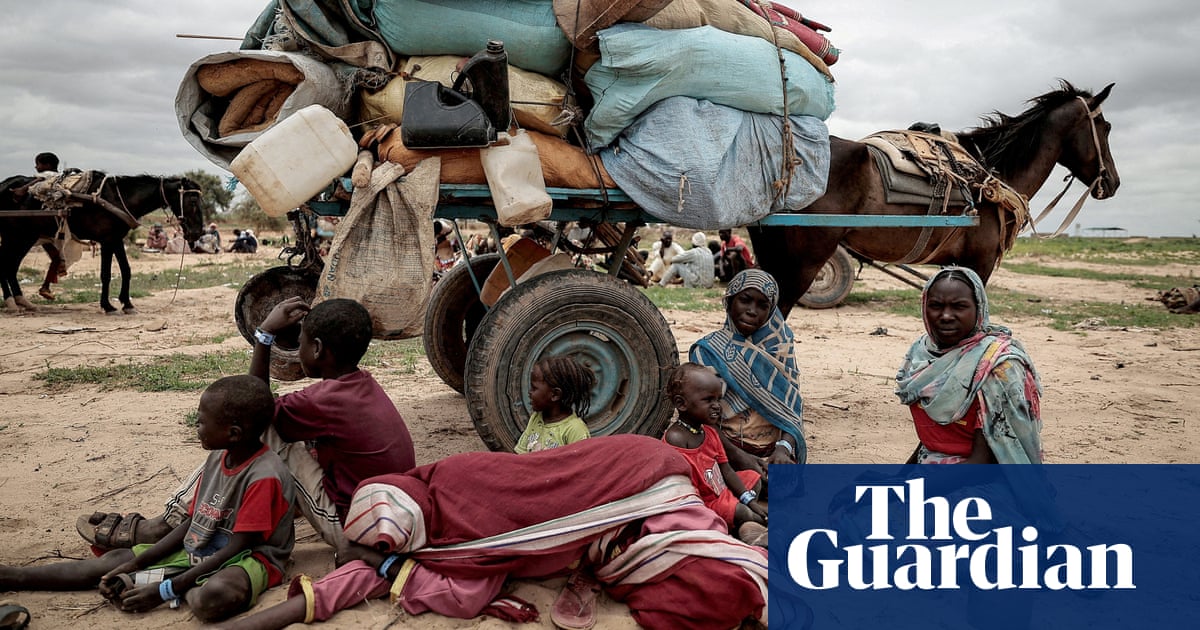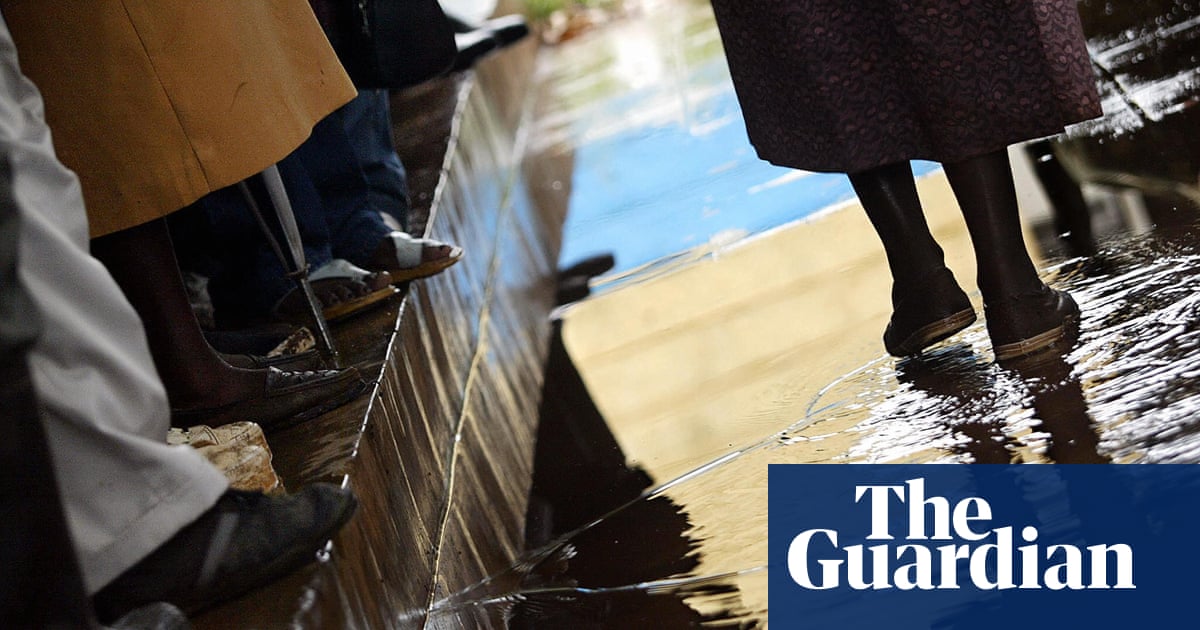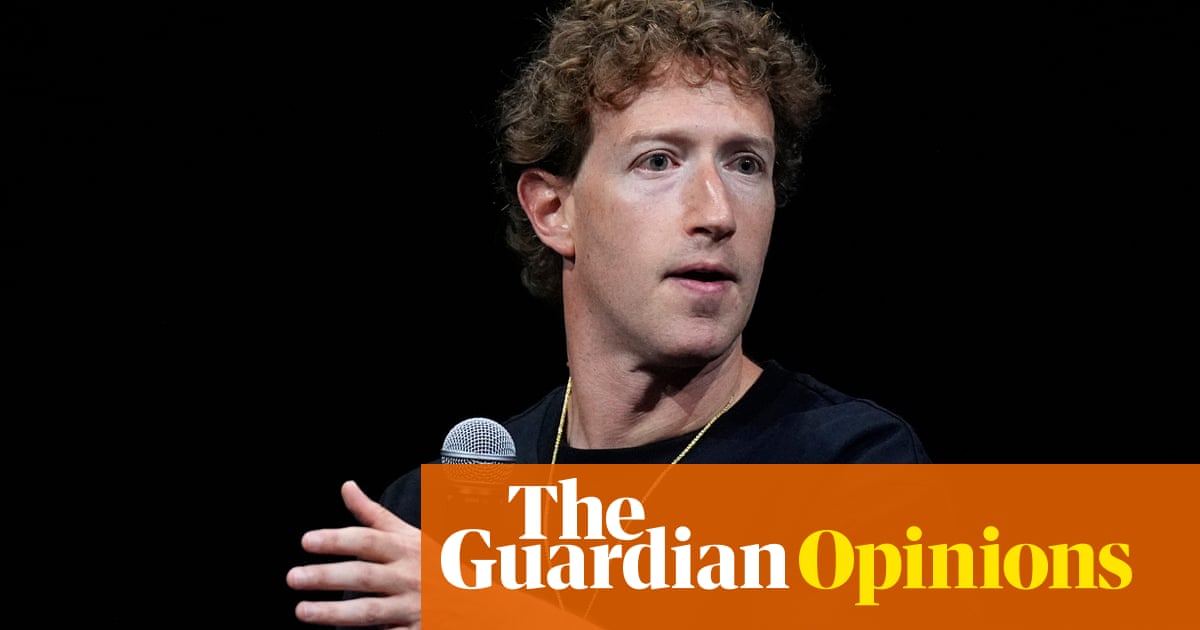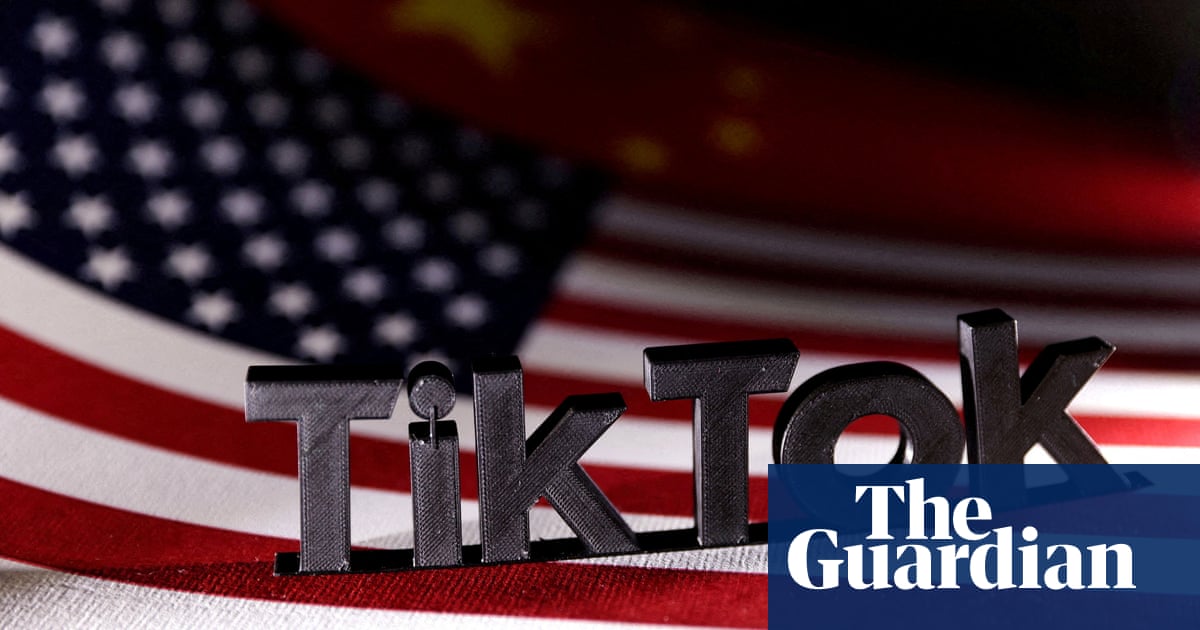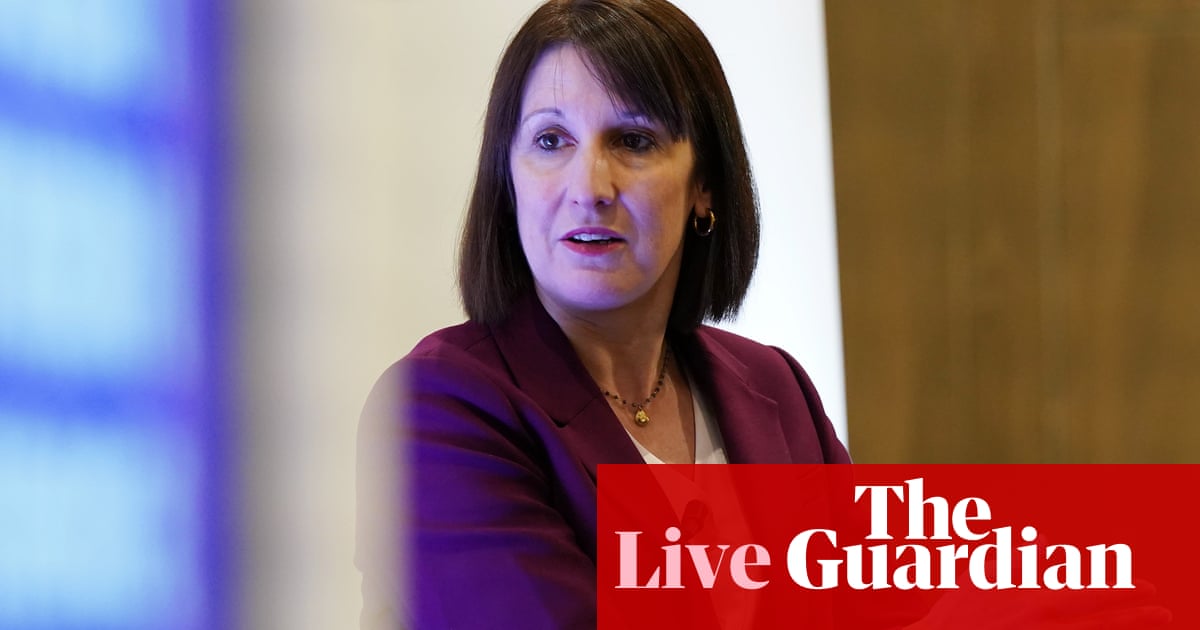“To me, the most beautiful word in the dictionary is tariff,” Donald Trump told business leaders in October. “It’s my favourite word. It needs a public relations firm.” Now, with his election victory, Mr Trump’s words send a shiver through global capitals. Many fear he may pull a curtain across the US economy, locking them out of the world’s largest market and cutting off access to US technology. These fears are amplified by last year’s contraction in merchandise trade – which was the first such shrinkage at a time when the global economy was growing.
However, it’s wise to take Mr Trump seriously, not literally. During his last term, he imposed tariffs on more than $400bn in US-China trade and renegotiated the North American free trade agreement (Nafta) in a push to reshore blue-collar jobs. In many ways, Joe Biden continued – and even accelerated – these trends. Mr Trump averaged 144,000 reshored jobs a year; in 2022, Mr Biden reached 364,000.
As a self-styled deal-maker, Mr Trump will probably push for better terms for the US economy. German carmakers are concerned; South Korea expects its companies would need to boost US investments if Mr Trump raises tariffs. The EU, China and Japan watch warily. The difference this time is that Mr Trump’s unpredictable approach seems more erratic and his rightwing rhetoric even more deranged. It could be a bumpy ride.
Britain is in poor shape to deal with global trade wars. The UN points out that its export revenues were down by 4% year-on-year. This is in part due to subdued demand from key partners, such as China. But no one should underestimate the continuing fallout from a disastrous Brexit.
Importantly, a protectionist stance from richer nations isn’t new. In 2022, the EU became the first major economy to legislate a “green tariff” on imports. A year later, the UK announced plans to follow suit. By 2027, both will levy charges on goods based on the carbon emitted during production – a move aimed at preventing “pollution havens”, where emissions are simply offshored to regions with weaker regulations.
This may sound like a positive move, but it disrupts “free trade” enough that some developing nations have labelled it discriminatory and pledged retaliation. Studies indicate that Africa, home to 33 of the world’s 46 least-developed countries, could lose $25bn annually, at 2021 prices, from green levies. This impact is partly due to the fact that key exports such as fertiliser, cement, iron and steel are more carbon-intensive to produce in Africa than elsewhere.
Stifling the progress of developing nations seems not only unfair but also shortsighted. What’s needed isn’t “free trade” but fair trade. Perhaps that’s not a phrase that Mr Trump favours, but it should be. African countries must be empowered to develop on terms that suit their needs, enabling them to earn the foreign exchange essential for a green transition. Otherwise, the rich world risks undermining African growth. This would be a loss not only for Africa but for the world.
Wealthy countries didn’t grow using the policies they now push on poorer nations. Almost all relied on tariffs and subsidies to build their industries – even Britain, despite claims of virtually no state intervention. As global competition intensifies for green tech, AI and robotics, trade policies should be crafted more fairly than they are today.

.png) 1 month ago
11
1 month ago
11



